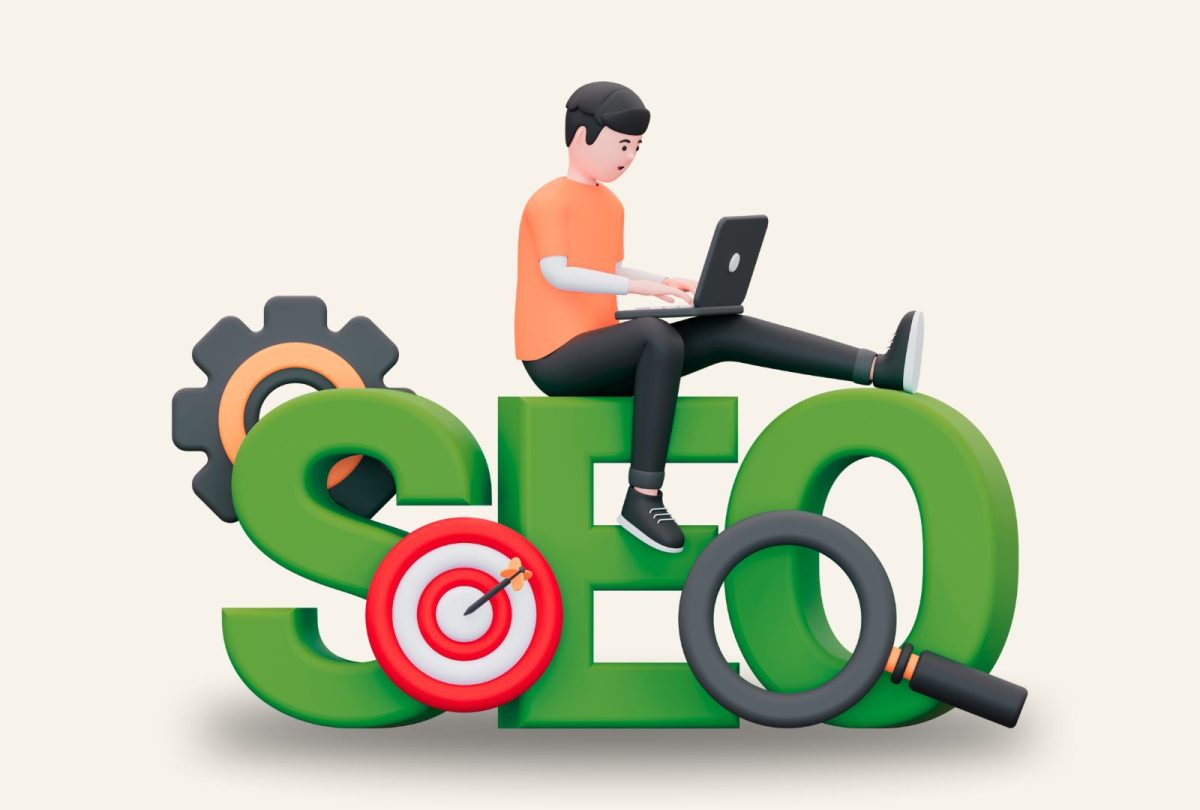Table of Contents

Search engine optimisation (SEO) is crucial for any business looking to gain visibility online, but for non-technical business owners, it can feel overwhelming. The good news is that WordPress makes SEO accessible with the right practices, tools, and strategies. This guide breaks down WordPress SEO best practices into simple, actionable steps for business owners without a tech background.
Understanding WordPress SEO
Before diving into tactics, it’s essential to understand what WordPress SEO is. SEO is the practice of optimising your website so that search engines like Google can easily crawl, index, and rank your content. WordPress, as a content management system (CMS), is SEO-friendly by design, but your site still needs structured efforts to perform well in search results.
A few critical aspects of WordPress SEO include:
- Content optimisation – Ensuring that your pages and posts contain relevant keywords and valuable information.
- Site structure – Organising pages, menus, and links for better navigation.
- Technical SEO – Factors like site speed, mobile responsiveness, and metadata.
For beginners, focusing on the basics will already create a strong foundation.
Start with Keyword Research
Keyword research is the first step in WordPress SEO. Keywords are the terms people type into search engines when looking for products, services, or information. Targeting the right keywords ensures your content reaches your ideal audience.
How to Find the Right Keywords
- Use free tools: Tools like Google Keyword Planner help you identify popular search terms in your industry.
- Long-tail keywords: Phrases like “WordPress SEO tips for beginners” are easier to rank for and often attract highly targeted visitors.
- Analyse competitors: See which keywords similar businesses rank for, but focus on gaps where you can provide unique content.
Optimise Your Content
Content is at the heart of SEO. On WordPress, you can optimise your content with minimal technical knowledge.
Title Tags and Meta Descriptions
Each page and post should have a unique title tag and meta description. These appear in search results and help users decide to click on your content. Plugins like Rank Math or Yoast make this process simple, providing a user-friendly interface to optimize your content without touching any code.
Use Headings Strategically
Headings (H1, H2, H3) organise content for both readers and search engines. Ensure your primary keyword appears in your H1 heading and naturally throughout H2 and H3 sections. Proper headings also improve readability, which can reduce bounce rates.
Internal and External Links
Linking to other relevant pages within your website helps search engines understand your site structure. Similarly, outbound links to authoritative sources (like Moz or Google Search Central) enhance credibility and SEO value.
Optimise Website Performance
A slow or poorly functioning website can negatively affect SEO. Non-technical business owners can take simple steps to improve site performance.
Improve Site Speed
- Use a lightweight WordPress theme optimised for speed.
- Optimise images using plugins like Smush.
- Enable caching with tools like W3 Total Cache.
Mobile Responsiveness
Google prioritises mobile-friendly websites in search results. Most modern WordPress themes are responsive, but always check your site on multiple devices. You can use Google’s Mobile-Friendly Test to ensure your pages pass.
Secure Your Website
HTTPS is a ranking factor. If your site doesn’t already have an SSL certificate, consider adding one to secure your visitors’ data. Many hosting providers include free SSL certificates.
Use SEO Plugins to Simplify Optimisation
WordPress SEO plugins are invaluable for non-technical users. They offer step-by-step guidance to optimise content, manage metadata, and monitor site performance. Popular plugins include:
- Yoast SEO – Helps with content analysis, keyword optimisation, and readability.
- All in One SEO (AIOSEO) – Offers a comprehensive SEO toolkit for beginners.
- Rank Math – Combines advanced features with a user-friendly design.
Plugins reduce the need to understand coding while ensuring your site follows SEO best practices.
Monitor and Adjust SEO Efforts
SEO is an ongoing process. Regular monitoring helps you understand what works and what needs improvement.
Track Website Traffic
Google Analytics provides insights into your site’s traffic sources, user behavior, and popular content. This data helps you optimise underperforming pages.
Monitor Search Performance
Google Search Console shows how your site performs in search results, which keywords bring visitors, and any technical issues affecting rankings.
Update Content Regularly
Fresh, relevant content signals to search engines that your website is active. Review older posts to update information, add new keywords, or improve readability.
When to Consider Professional SEO Support
While many WordPress SEO best practices can be handled without technical expertise, there comes a point where professional guidance can make all the difference.
If you’re short on time, unsure whether your site is fully optimised, or simply want peace of mind that your website is secure, fast, and visible to the right audience, working with a trusted partner can help.
At Pressific, we specialise in professional WordPress management that keeps your site strong, secure, and effective. From ensuring technical SEO best practices are in place to keeping your site updated and performing at its best, our team helps business owners focus on growth while we handle the behind-the-scenes details.
Think of it as future-proofing your website—so you can stay competitive in the digital marketplace without the stress of managing SEO on your own.
Conclusion
Even as a non-technical business owner, you can successfully implement WordPress SEO best practices. By focusing on keyword research, optimising content, improving site performance, leveraging plugins, and monitoring your efforts, you can increase your site’s visibility and attract more potential customers.
Professional WordPress management ensures your website stays strong, secure, and effective in the digital marketplace. Working with a trusted partner like Pressific can simplify SEO for business owners, allowing you to focus on what you do best—running your business.






